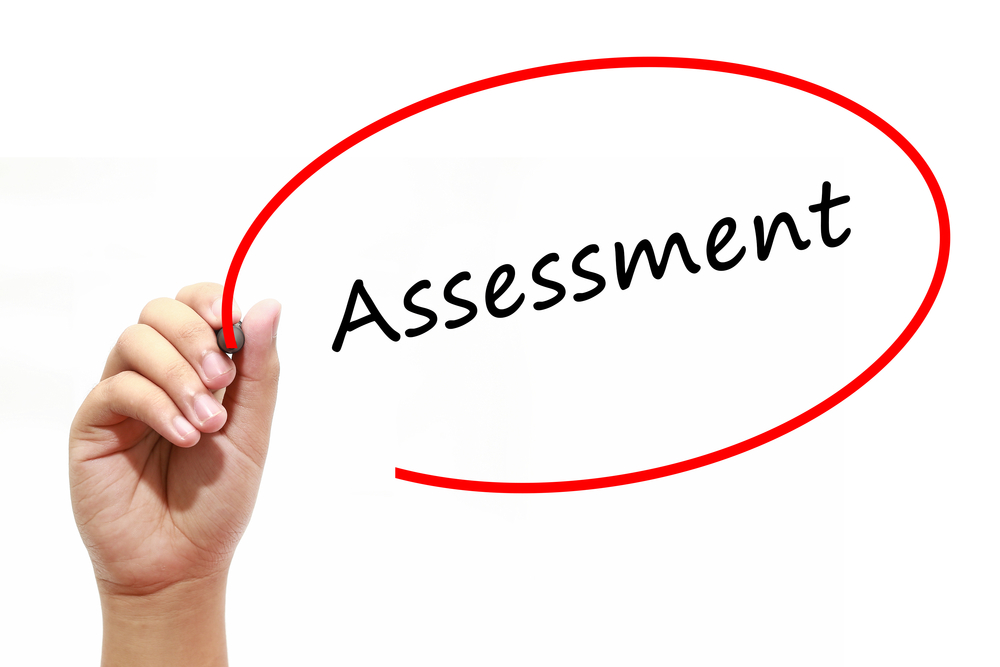Is your company ready to apply the BPM discipline? A BPM Readiness Assessment offers a company an objective and efficient means to assess its ability to change and adapt to a process performance orientation. Understanding a company’s “process maturity profile” enables it to design a BPM adoption program that addresses six critical success factors that accelerate the adoption of BPM and specifies a program for realizing its sustainable value:
- Linkage of process performance to business strategy
- Employee understanding of process (skills and roles)
- Utilizing BPM technology• Practicing process improvement methods
- Process-related attitudes and behaviors
- Implementing Process Governance (decision-making and oversight)
VALUE OF ASSESSMENT
What are the benefits of conducting a BPM Readiness Assessment? The readiness assessment allows a company to profile its organization relative to how “process mature” it is. A review of the business strategy and its alignment with process improvement initiatives is followed by a series of activities: multi-level interviews, gathering samples of existing process content, and usage of technology. BPM practitioners formulate a profile that identifies key success factors, areas of likely resistance and key risk factors. This profile makes the BPM adoption program more effective, more likely to achieve desired results, and more sustainable. The profile also highlights important areas of change management, so vital to successful BPM acceptance and adoption.
WHAT IS INVOLVED IN THE ASSESSMENT
A BPM Readiness Assessment can be completed over a 10 business day period and consists of the following components:
- Goals and Strategy Review (including alignment assessment)
- One-on-one Interviews within multiple levels of the organization
- Collection and analysis of existing process content (e.g. models, documents, approaches)• Technology Review
- Readiness Survey [optional]
QUESTIONS ASKED IN A GOALS AND STRATEGY REVIEW
- Do you use standard criteria for assessing the performance of a business operation? Please provide an example.
- Are desired process outcomes clearly defined, understood and aligned with company objectives?
- Is a standard approach for prioritizing investments in business operations improvements used? Please provide an example of the approach.
- Is a business case used to request funding for an improvement to a business operation? Please provide an example.
- Does a technique exist for linking the improvement of a business operation to the company’s business strategy? If yes, please provide the technique.
- Do process performance targets exist? If so, please provide them.• Are there standard techniques for overseeing the progress of an investment in the improvement of a business operation? If so, please provide an example of one.
- Do the strategic processes have clear ownership and performance accountability? Does each strategic process have an executive process owner?
- How do you define, prioritize and assess the improvement of a business operation from your customer’s point of view?
- What are the top 20 processes that your customers value?
- What is the total cost of the order-to-cash operation?
- Would you support process benchmarking? If so, why? If not, why not?
QUESTIONS ASKED TO ASSESS THE CURRENT CROSS-FUNCTIONAL PROGRAM STRUCTURE
- How does the company review and oversee cross-functional operations? Is there a steering committee? Is there a standard agenda for review meetings? How often are they held? Who – by role – attends the meeting? What is the decision-making process? How are steering committee decisions implemented?
- How are major initiatives defined, evaluated, adopted, funded and implemented? How is the sponsor chosen? Is there a PMO? What is its role with respect to steering a major initiative into the company?
- When exploring a new enterprise innovation, how is it evaluated, adopted and introduced into the company? How does the company define a business transformation initiative? Is there a special approach defined for undertaking a business transformation initiative?
- Does the company use a pilot program to introduce a new innovation or major initiative? Is there a standard pilot plan? What is the range of time for completing a pilot? Does a defined set of measure exist for making a Go/No Go decision?
- Besides Finance, HR and IT, what shared services organizations exist? Are any others being considered? Does the company use Centers of Expertise (CoE) for any cross-functional programs or new ventures?• What steps are taken to deliver executive awareness about a new innovation or business transformation initiative?
- Is there an awareness of the impact that “trigger points” will have on the adoption of a new program? Have a standard set of trigger points been defined? (e.g. government regulation, merger, competitor entrance, economic upturn/downturn, resource shortage etc.)
- Within Operations does there exist a set of audit procedures for managing risk and evaluating the use of best practices?
SUMMARY
At the conclusion of the BPM Readiness Assessment, the organization should produce a report which details:
- Summarization of the one-on-one interviews
- Common themes and beliefs
- Management vs. Line perspective
- Assessment of current process content and expertise
- Analysis of the Readiness Survey [optional]
- Correlation of interview findings, content analysis and survey results
- Areas of likely resistance and risks
- Key Change Management Recommendations
If you are interested in a Readiness Assessment for your organization, schedule a complimentary consultation with us.

















